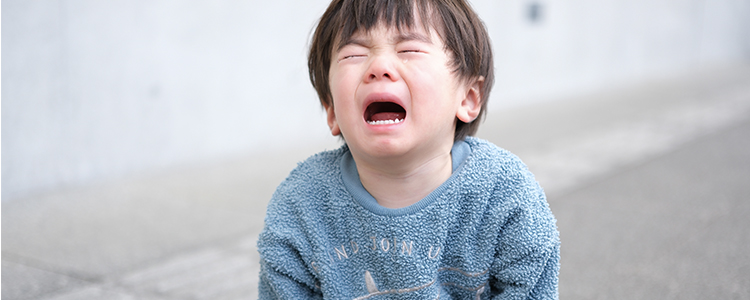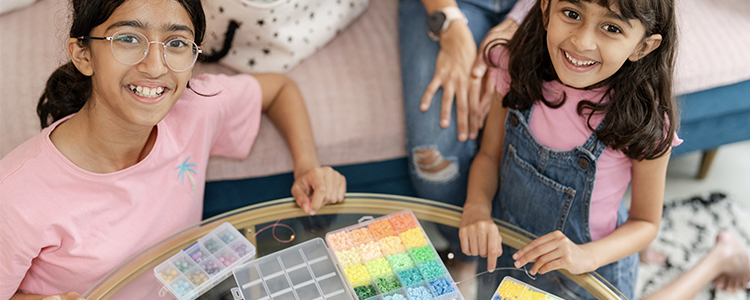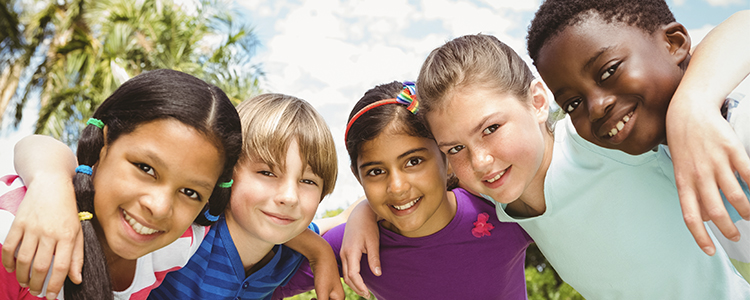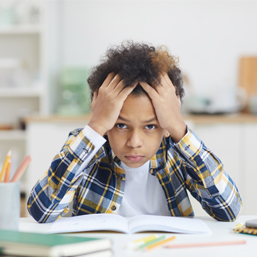



Many parents look forward to having grandchildren. It is an amazing experience when we find our adult child is expecting. Every family is different, and every grandparent has different ideas about what their role will be. This is generally not discussed before the baby arrives. In time, problems may arise between the parents and grandparents about the grandchildren.
Given that a couple could potentially be dealing with four (or more, in blended families!) sets of grandparents, issues can become very complicated.

What do Oprah, Steve Jobs, Albert Einstein, Margaret Atwood, Bill Gates, Michael Jordan, Walt Disney, and Stephen King have in common? If you guessed that they have all experienced career success, you would be right. If you guessed they had all experienced failure on the way to their success, you would be right again. Each of these people have failed at some point in the pursuit of their goals. Had they given up, we wouldn’t recognize their names today.

This may be a topic that you avoid, do not fully understand, or do not think your child will understand at a young age. You can practice talking about consent with infants and toddlers by verbalizing that you are going to pick them up and talking them through actions that you are doing during daily caretaking routines. It can be uncomfortable at times for parents to have to broach topics such as these; however, learning more about it can help both you and your child.

Outside, it’s snowing and gray and so very cold. It’s also a Sunday morning, and it would be too wonderful to stay in your socks and pajamas and quilts, and cuddle up together on the couch. Think of that scene in Cat in the Hat when the children stare out the window longingly – except in your case, the adults are home and you do have something to do. You can have a winter chapter book readaloud!
Calgary’s Child Magazine © 2024 Calgary’s Child